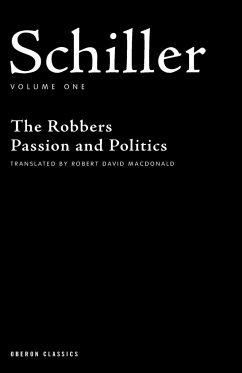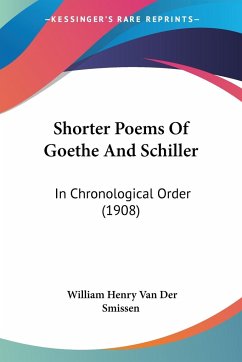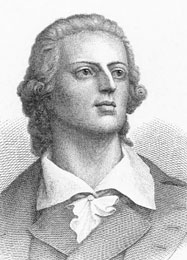Includes the plays The Robbers and Passion and Politics Two plays concerned with tyranny and freedom. Schiller's first play, The Robbers (1781), was written in great secrecy under the prison like conditions of Württenberg's Karlsschule: Karl, the son of a count, is disinherited through the machinations of his brother Franz, and, turning his back on a social order he finds unjust and corrupt, becomes the leader of a band of robbers. In Passion and Politics (1784), a 'bourgeoise tragedy', the love between Louise, a musician's daughter, and Ferdinand, a politician's son, crosses an unbridgeable social divide. One of the great figures in German literature, Friedrich Schiller (1759-1805) was one of the most significant playwright of his day, numbering among his devotees Coleridge and Carlyle. His plays are known for their originality of form, vivid stage imagery and powerful language, faithfully rendered in Robert David MacDonald's acclaimed translations.
Hinweis: Dieser Artikel kann nur an eine deutsche Lieferadresse ausgeliefert werden.
Hinweis: Dieser Artikel kann nur an eine deutsche Lieferadresse ausgeliefert werden.









